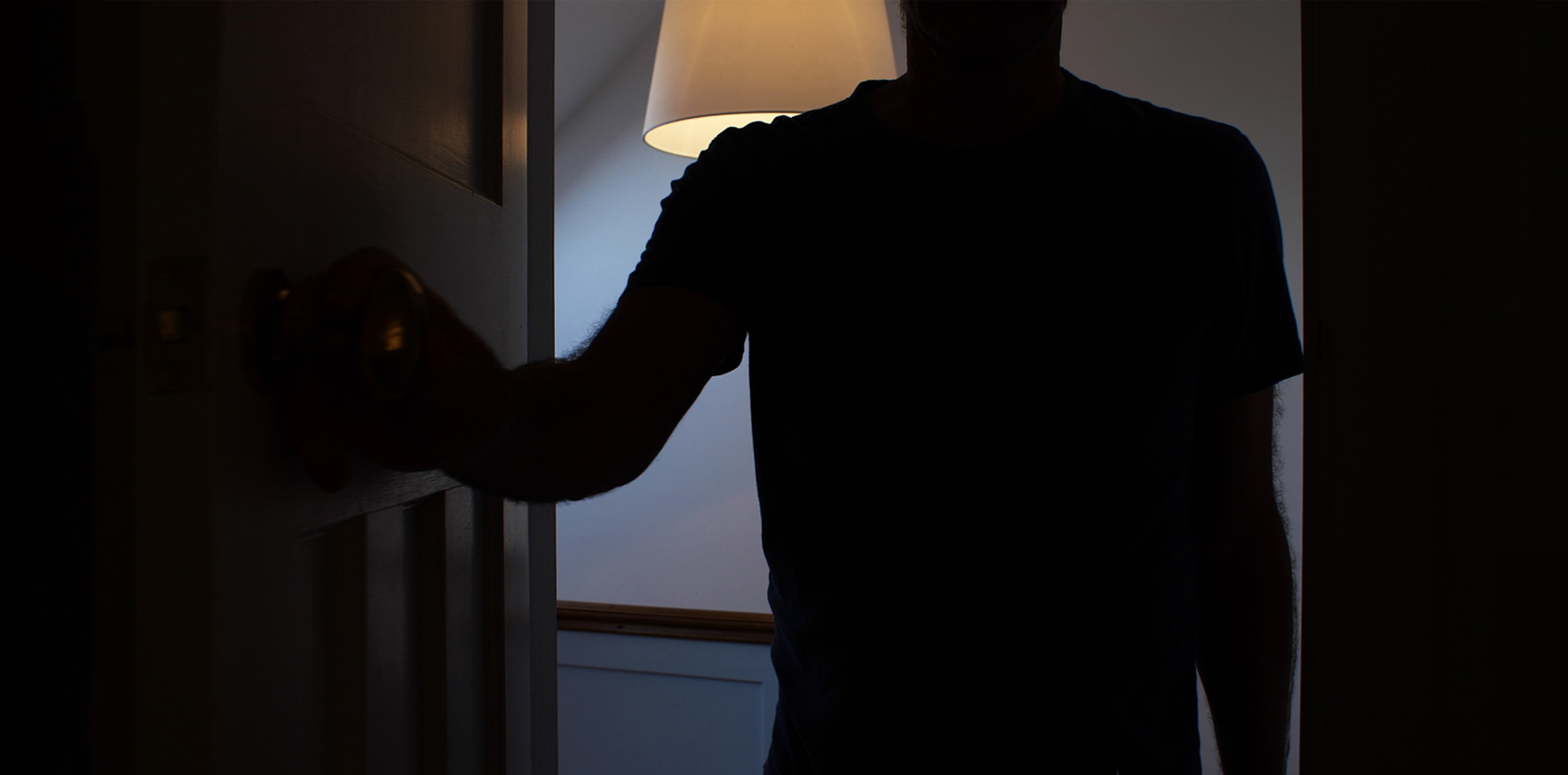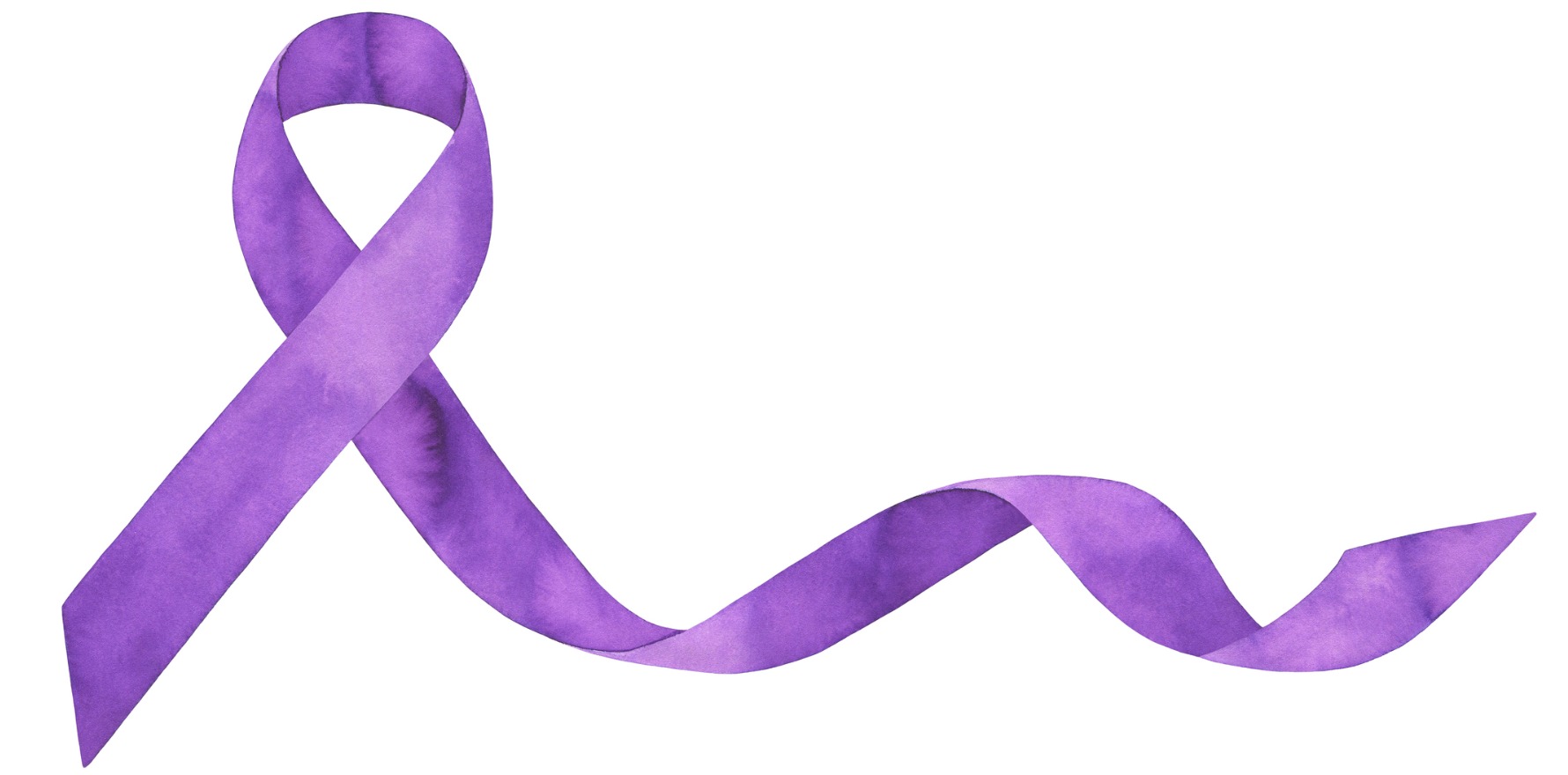Attitudes haven't changed enough for victims to speak up.
Twenty years ago, I worked in a regional town in NSW and volunteered to be on call to do the forensic examinations of women who had been sexually assaulted.
It meant carrying a pager with me 24/7, but in the two and a half years I did this job, I was only called up six times. Given we know that nearly a quarter of women have been the victim of assault, I was shocked how few presented. Not one of the six pressed charges.
In 2024, I was working on a Saturday morning when a 17-year-old woman presented upset and anxious at the end of the shift. It transpired she had been out the night before enjoying a live music concert when an older man offered to buy her drinks. He later pressured her for sex, and she was too frightened to decline.
After counselling her and reassuring her she was not at fault, I did the requisite assessment and advised her that I would document the event in detail so that it could be used as evidence should she choose to press charges. I was horrified by her response: God no, I don’t want to become a Brittany.
It seemed that nothing has changed in 20 years.
According to the Australian Bureau of Statistics, 22% of women have experienced sexual violence since the age of 15, with the rates increasing rather than decreasing. However, the truly appalling statistic is how few women go on to press charges. Statistics indicate that 92% of women do not report sexual assault.
The problem with statistics is that they do not put a face on the individual victims, the women I am seeing in the surgery who experience the long-term consequences of assault. Women still feel disempowered by a system that discourages disclosure by making the process so difficult that they prefer to say silent. Who wants their sexual history, the clothes they were wearing, how much alcohol they drank placed under public scrutiny?
The challenge is even greater when the perpetrator is an intimate partner, and the behaviours are more insidious.
Related
It is now recognised that patterns of behaviour used to establish and maintain control over another person nearly always underlie domestic abuse in all its ugly forms. This is now termed coercive control and encompasses intimidation, threats, gaslighting and humiliation. In Queensland, where I work, coercive control will become a criminal offence from 26 May.
Legislation is welcomed and a signal that as a society we do not accept such behaviour, but I fear that few women will have the courage to bring their abusive partner to justice. Coercive control is even more difficult to prove than sexual or physical assault.
I am regularly seeing women who are trapped in such relationships, who take years to disclose the terror of what happens behind closed doors. Many choose to stay because the threat to their lives is greatest when they decide to leave.
Coercive control doesn’t leave physical bruises, so the threat to women is minimised, with priority given to sexual and physical violence. Perpetrators who don’t lay a finger on their victim often present as charming, leaving even close friends and family unaware of the true situation unfolding.
This was highlighted by the murder of Hannah Clarke and her three children in 2020, an event that drew international attention to the horrors of coercive control.
I despair that so little progress has been made in the two decades since I was doing the forensic examinations of women sexually assaulted in a regional town. Violence of every kind against women continues unabated. I continue to see women who are victims of all forms of abuse and know that I am seeing the tip of the iceberg. Despite new legislation, underlying attitudes and beliefs continue to sustain misogyny.
As GPs, we have a privileged view into the lives of our patients, and they disclose issues they do not feel safe to tell anyone else, including close friends and family.
As an author, I was prompted to write a fictional story that tells the truth about what happens in the suburbs behind closed doors. One of my patients, Fiona, has worked in the sphere of domestic violence for many years and one day confided to me that a woman had contacted the domestic violence phone service terrified, as her former partner had been recently released from prison.
This woman came home to find a knife wedged into her front door. She was advised by one of the new counsellors on the phone not to overreact, it could have been anybody. Fiona informed me that the deeply held social beliefs that made this comment possible are common. It highlights the need for change in our social narratives around misogyny.
This scenario became the opening page to my second novel, A World of Silence, although what happens with my character subsequently is fiction.
It is not impossible to change attitudes. Falling pregnant outside of marriage was regarded as shameful not so long ago and same-sex marriage is now supported by the majority of Australians, a very recent change in social mores.
It is time to tackle the deeply held misogyny that allows perpetrators to get off without consequence. We need to raise our boys to respect women and regard all forms of sexism as abhorrent, until that becomes the norm and the boy who makes sexist jokes or salacious remarks about a woman becomes the one to hang his head in shame.
Jo Skinner is a Brisbane GP, writer and distance runner. Her second novel A World of Silence is available at Hawkeye Publishing and all good bookstores. She writes a monthly newsletter with sections on running, writing and GP wisdom.





